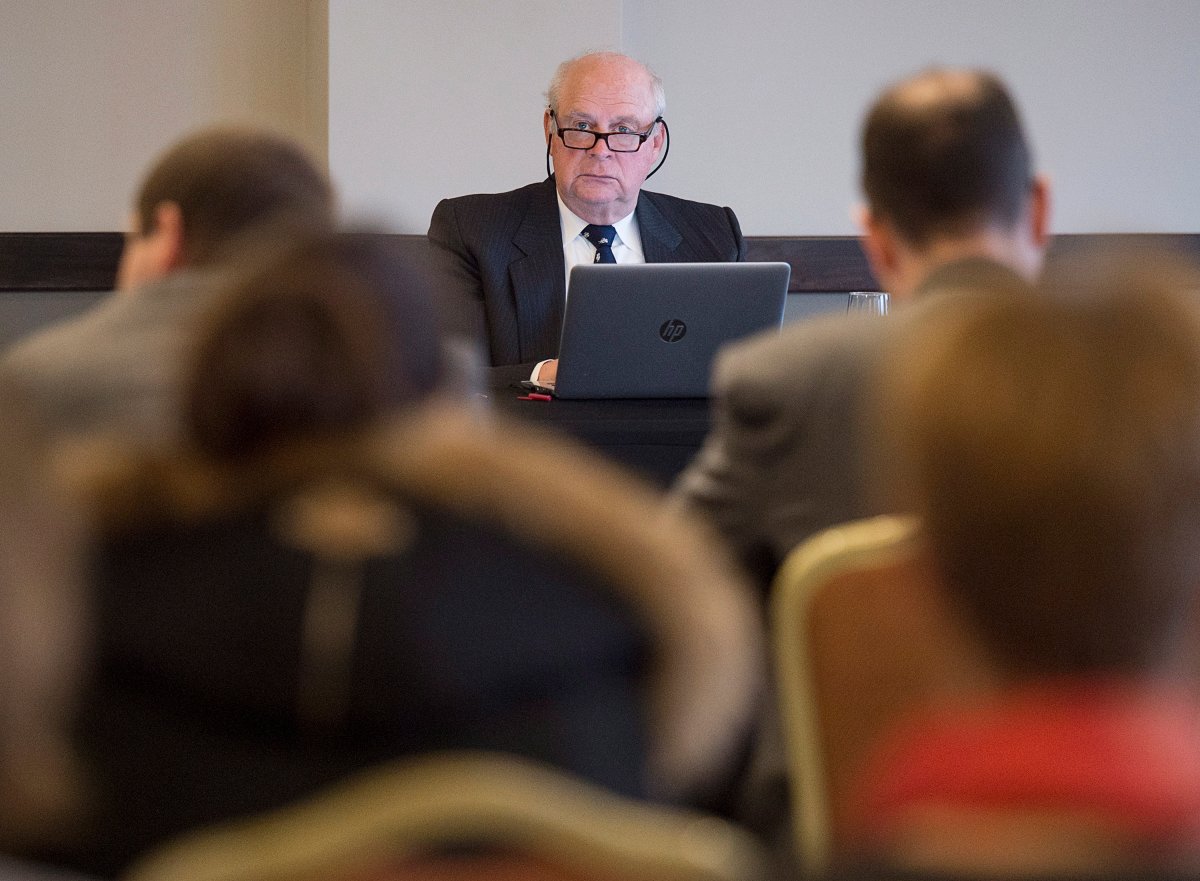A Nova Scotia government lawyer pressed an expert witness Wednesday over the risks of shifting people with intellectual disabilities out of institutional settings into the community, as a human rights inquiry entered its third day.

The inquiry is looking at whether two Nova Scotians with disabilities have the right to live in supported housing – meaning, in the community – rather than institutions and psychiatric facilities.
Michael Bach, a researcher and advocate for inclusion, was called Tuesday to testify by the Disability Rights Coalition, an advocacy group for people with disabilities that is a complainant in the proceeding.
READ MORE: N.S. inquiry told of slow change to support those with disabilities
He described a history of mistreatment of people with intellectual disabilities who had been kept in institutions through much of the past century, including in some of the nation’s first poorhouses.
Bach argued that a better model is for the state to give people a choice over where they live and who looks after them – the so-called “person-centred approach.”

Get daily National news
However, Kevin Kindred, a Justice Department lawyer, asked Bach on Wednesday about problems that emerged in Ontario, Alberta and Newfoundland and Labrador after people who needed medical and personal care to live in the community didn’t receive the necessary aid.
Bach concurred with Kindred that there have been examples of inadequate support and that some people with disabilities have ended up in psychiatric facilities and nursing homes.
He also agreed that Alberta had re-opened its Michener Centre facility due to a public outcry about deaths of people who left the centre.
However, he said that didn’t change the need to aim for a model where people with disabilities could gain greater control over their own lives.
“It’s 2018, we actually know what it takes and how it looks and what the models for support for people with very complex issues are,” he said in an interview following his testimony.
“It’s a matter of taking the policy decisions and making the policy decisions.”
WATCH: Disability advocates say housing for those with intellectual disabilities is in crisis

Lawyers for 45-year-old Joseph Delaney and 46-year-old Beth MacLean are arguing they should be permitted to move from hospital-like settings into small homes where assistance is provided in areas such as meals and personal care.
A third complainant, Sheila Livingstone, died as the case wound its way through various delays, but her story will be told by family members and the complainants’ lawyer.
The province has said it is working to improve its Disability Support Program and to create more small option homes.





Comments